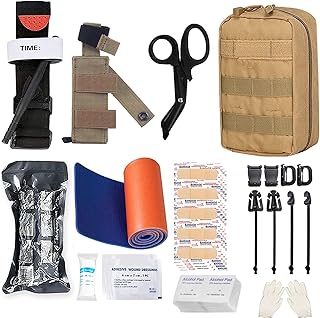Wars around the globe are increasingly targeting the very systems designed to safeguard civilian populations, with health workers and aid organizations bearing the brunt of these conflicts, as reported by the United Nations agency for reproductive health and rights, UNFPA.
Between 2023 and 2024, attacks on health facilities doubled, resulting in the deaths of over 900 health workers in the past year. The situation worsened in 2025, with a shrinking budget for humanitarian efforts exacerbating the challenges faced by support services.
In Gaza, the health system has been decimated by a prolonged conflict, leading to a surge in pregnancy complications and newborn deaths. Health workers like Ayda have risked their lives to provide care, with many paying the ultimate price.
Similarly, in Sudan, the Ibrahim Malik Hospital lies in ruins, depriving the community of critical medical services. Despite the dangers, dedicated healthcare workers like Dr. Khalid Badreldin and midwives in Khartoum continue to serve their communities tirelessly.
Haiti has also been embroiled in crisis, with clinics and hospitals deliberately targeted, further straining an already fragile healthcare system. The situation is dire, with armed gangs committing atrocities and leaving women and girls vulnerable to gender-based violence.
Ukraine has faced relentless attacks on healthcare facilities by Russia, forcing women like Anastasiia to seek medical care amid constant fear and uncertainty. The conflict has disrupted essential services, leaving many without access to critical care.
In the Democratic Republic of the Congo, maternal healthcare facilities have been destroyed or looted, leaving women with limited options for medical assistance. Displaced women like Francine Toyata navigate perilous conditions to reach mobile health clinics for childbirth.
Despite the dangers, healthcare workers like midwife Loti Kubuya Mielor in the DRC continue to provide vital services to vulnerable populations, often facing threats and violence in the process.
The global targeting of health workers and aid organizations underscores the urgent need for greater protection of these essential services in conflict zones. The international community must prioritize the safety and well-being of those risking their lives to provide critical healthcare in some of the world’s most dangerous environments.
📰 Related Articles
- Youth-Led Parliament Urges Global Action on Climate Crisis
- US-Iran Conflict Escalates: Global Concerns Rise Over Military Strikes
- Tragic Loss of Journalists in Conflict Zones Sparks Safety Concerns
- Tensions Rise as US-Iran Conflict Threatens Global Stability
- Seventy-eighth World Health Assembly Advances Global Health Cooperation






